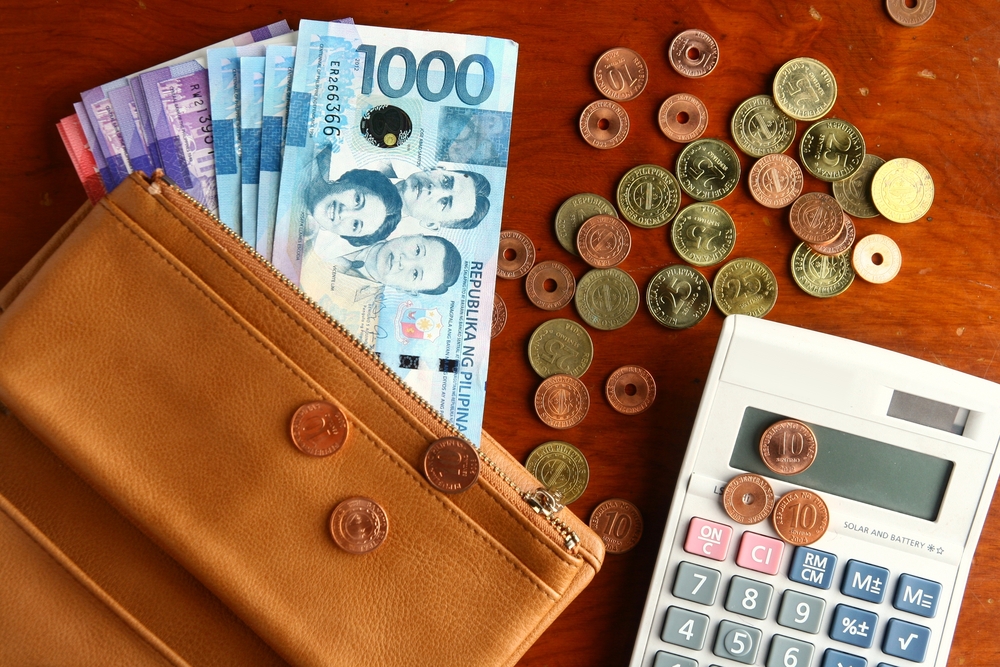Business and Economy
Economist says incoming gov’t needs to check on PHL’s tax rates
MANILA – An economist on Tuesday said there is a need for the incoming government to consider a change in the country’s tax rates to align it with neighbouring countries and attract more foreign investments.
During the economic briefing jointly hosted by ING Bank Manila and the Economic Journalists Association of the Philippines (EJAP) at Makati Shangri La, ING Bank Manila senior economist Joey Cuyegkeng said the country’s tax rates were very high compared to other members of the Association of Southeast Asian Nations (ASEAN).
“The income tax reform is crucial also in terms of corporate income tax. We are in the ASEAN [Association of Southeast Asian Nations] community and our corporate tax rates are so high. If we are going to try to attract foreign direct investments [FDI], we have to also be aligned with our competitors abroad. There is a need to balance it out,” he said.
The economist said any cut in the country’s tax rate would definitely have a negative impact on revenues but pointed out that tax rates need to be “responsive to the times.”
“We have to also try to unlock potentials of private sector initiatives in terms of infra investments in the rural sector,” he added.
The Aquino government has discounted an adjustment in the country’s income tax and instead favors a holistic tax reform to help the Philippines become among the high income countries.
“The government believes that instead of piecemeal changes in the tax rates, a holistic tax reform program is needed to ensure the continued implementation of essential programs on social protection, poverty alleviation, employment generation, educational competitiveness, housing, universal health care, as well as for public infrastructure and national defense and security,” Presidential Communications Operations Office (PCOO) Secretary Herminio Coloma Jr. earlier said.
There are pending bills in Congress calling for lower personal tax among others.
To counter the possible negative impact of these bills on national government’s revenues, the Department of Finance (DOF) has proposed for an increase in the value added tax (VAT) from 12 percent to 14 percent.
Both proposals, however, remain unattractive to President Benigno Aquino III, who earlier in his term vowed against imposing new taxes.
The only tax increase bill he signed into law is the amendment of the Sin Tax Law, which hiked taxes on tobacco and alcohol products since these were previously based on 1996 prices.






















